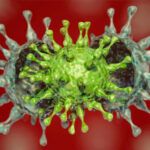“This is a space for debate. All comments, for or against publication, that are respectful and do not contain expressions that are discriminatory, defamatory or contrary to current legislation will be published”.
Reader Interactions
This site uses Akismet to reduce spam. Learn how your comment data is processed.







Leave a Reply